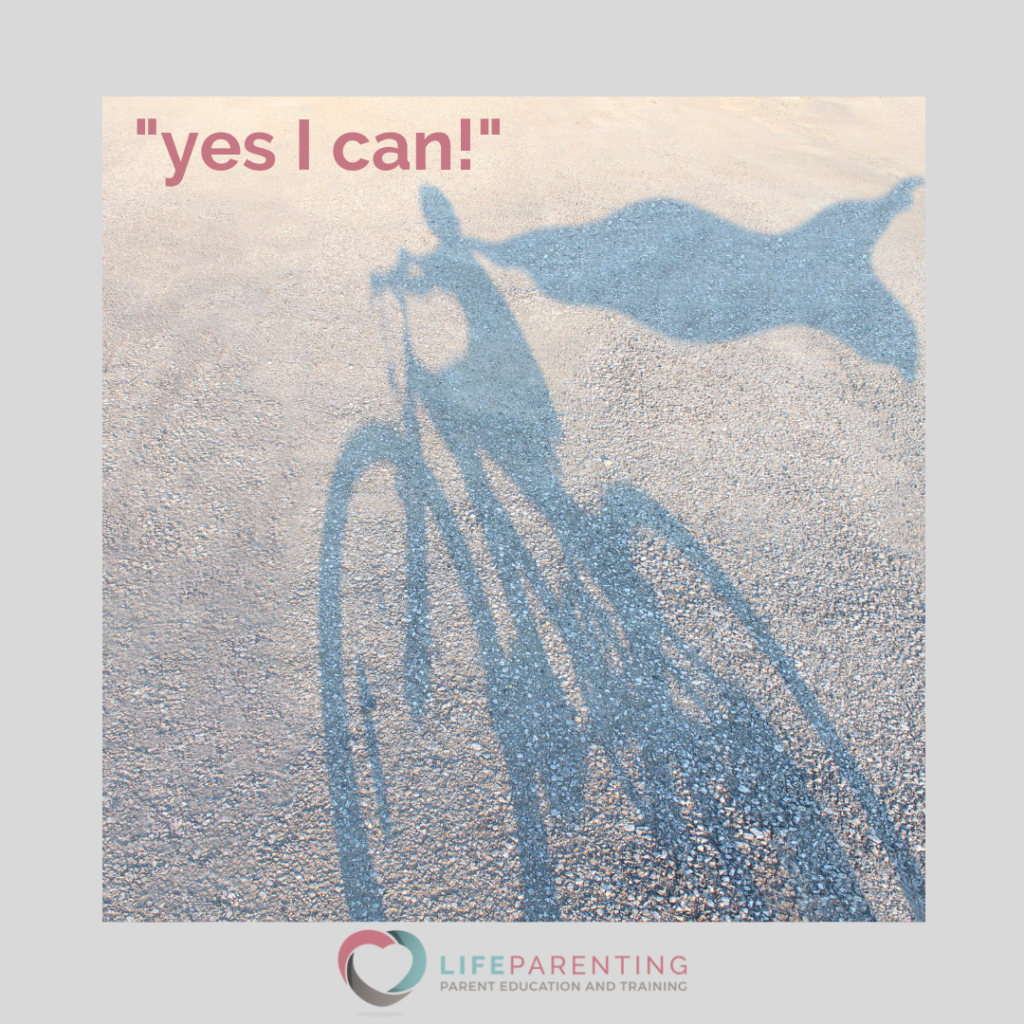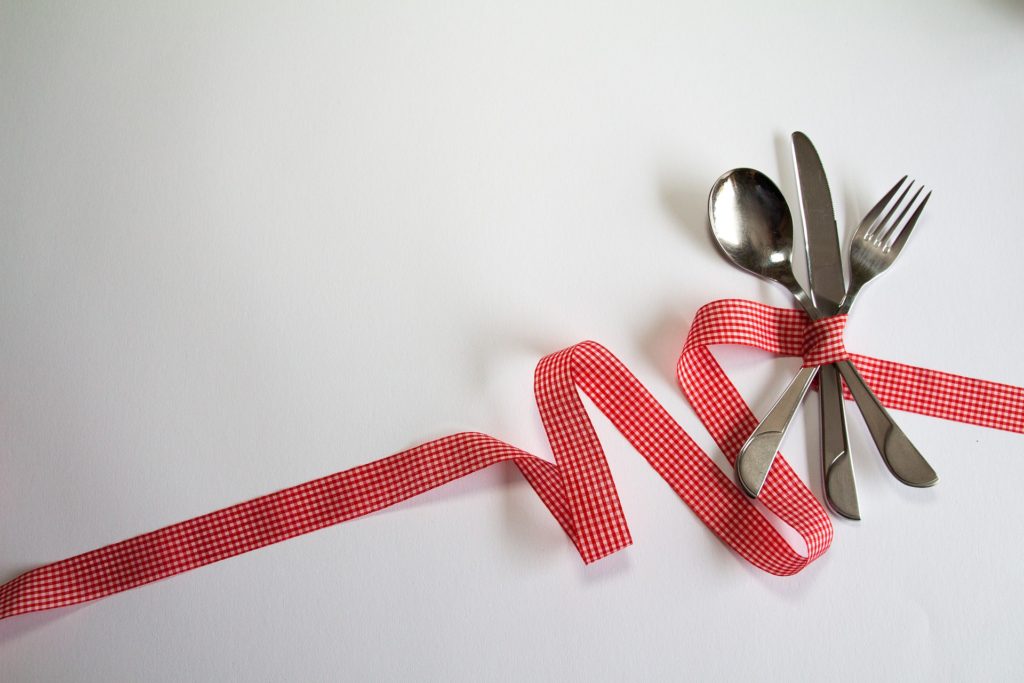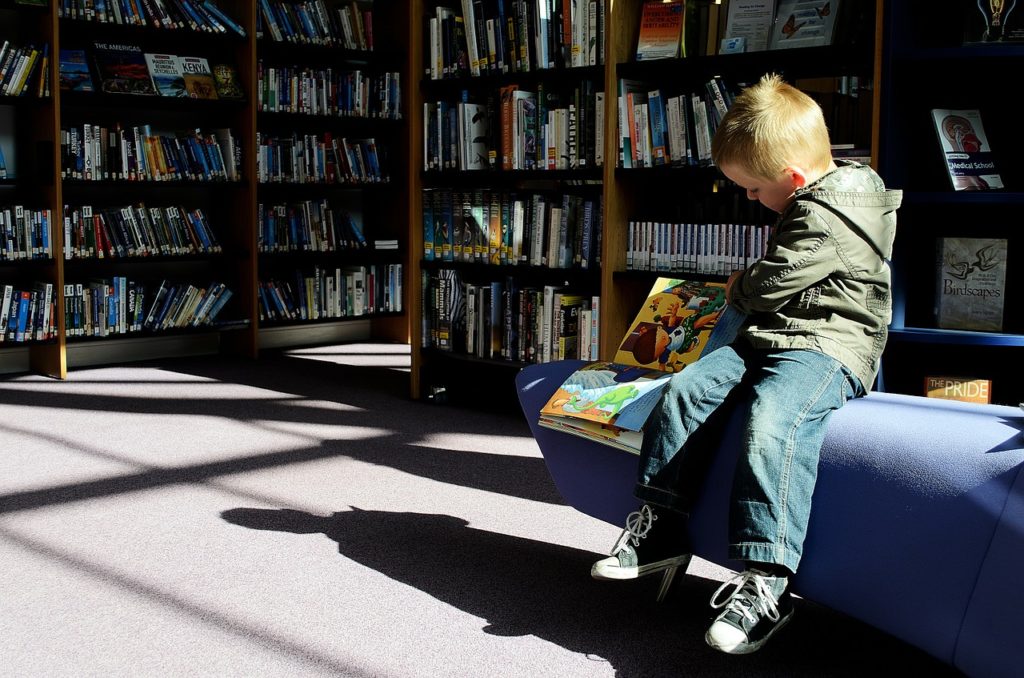I hear the same story from many parents that I meet:
“We take them for a fun day at the park/Disneyland/Legoland/etc.; we have dinner and ice cream, everyone’s happy, and they say we are the best parents ever. But if on the way back to the car we refuse to buy them ‘one last thing’ they forget all the fun we had and start complaining about what annoying parents we are!”
Sounds familiar?
I want you to remember that we cannot control what our children think or feel, and we cannot control their behavior.
We can only control the way we react to all of these.
If after a long fun day they choose to complain – it’s up to them.
If after spending time together they choose to remember the one thing we didn’t agree to buy – it’s their choice.
Yes, it’s frustrating.
But if we won’t panic, won’t get angry, won’t feel disappointed – their behaviors, thoughts, and feelings will calm down. We are the audience of their show. If the audience “leaves the theater” – what’s the point of running the show?
I’m offering you to change your reactions.
Instead of getting angry at them, try telling them how happy you are that you got to spend the day together. How grateful you are for having the opportunity to go out as a family and have dinner.
Don’t ignore their frustration, but don’t let it frustrate you.
Try it.
It works!










